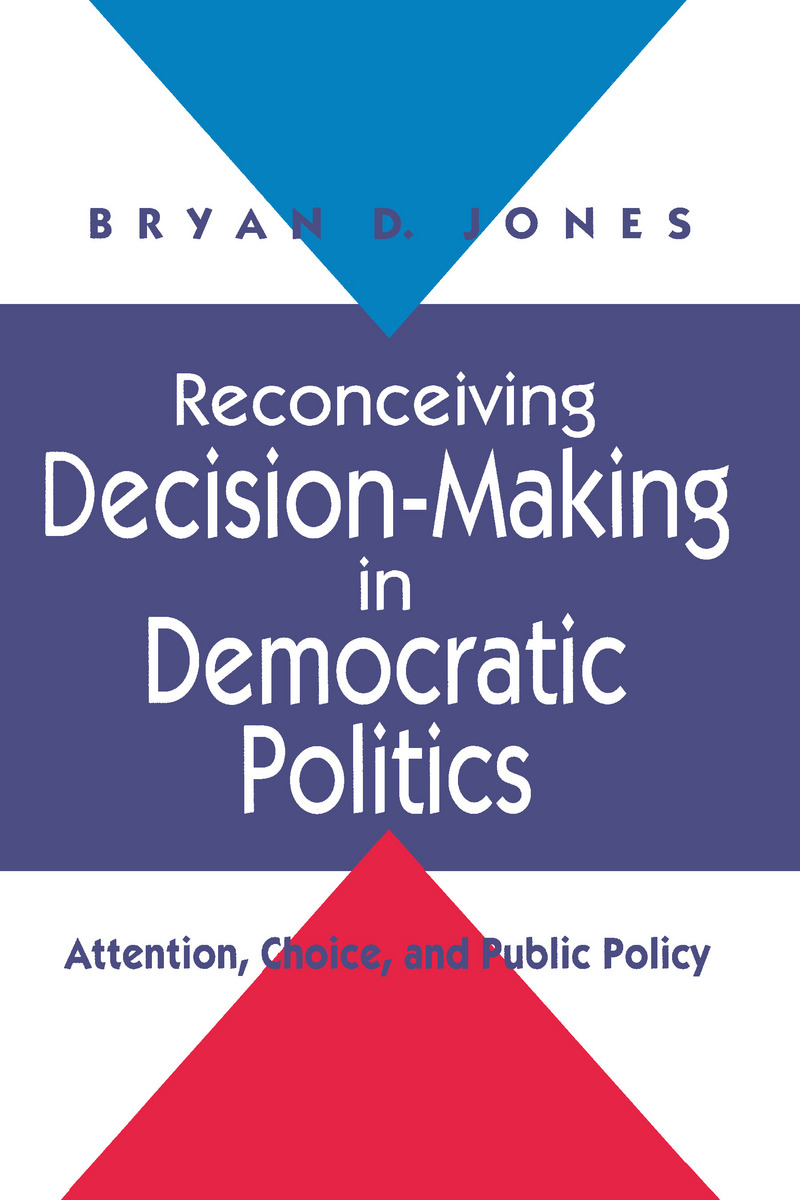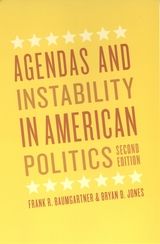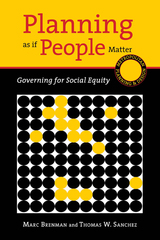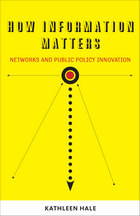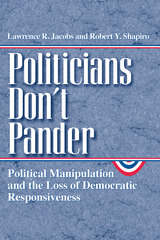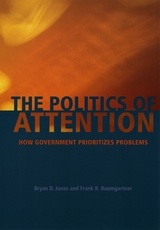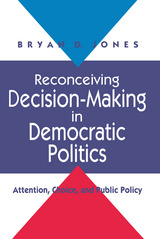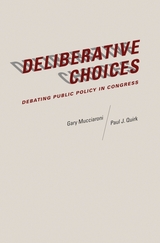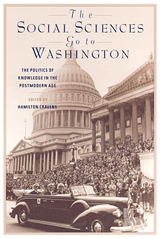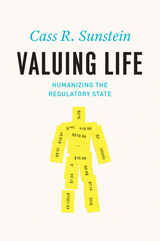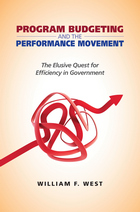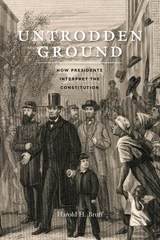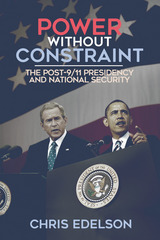Reconceiving Decision-Making in Democratic Politics: Attention, Choice, and Public Policy
University of Chicago Press, 1994
Cloth: 978-0-226-40650-3 | Paper: 978-0-226-40651-0
Library of Congress Classification JK468.P64J66 1994
Dewey Decimal Classification 320.019
Cloth: 978-0-226-40650-3 | Paper: 978-0-226-40651-0
Library of Congress Classification JK468.P64J66 1994
Dewey Decimal Classification 320.019
ABOUT THIS BOOK | TOC | REQUEST ACCESSIBLE FILE
ABOUT THIS BOOK
Most models of political decision-making maintain that individual preferences remain relatively constant. Why, then, are there often sudden abrupt changes in public opinion on political issues? Or total reversals by politicians on specific issues? Bryan D. Jones answers these questions by innovatively connecting insights from cognitive science and rational choice theory to political life.
Individuals and political systems alike, Jones argues, tend to be attentive to only one issue at a time. Using numerous examples from elections, public opinion polls, congressional deliberations, and of bureaucratic decision-making, he shows how shifting attentiveness can and does alter choices and political outcomes—even when underlying preferences remain relatively fixed. An individual, for example, may initially decide to vote for a candidate because of her stand on spending but change his vote when he learns of her position on abortion, never really balancing the two options.
Individuals and political systems alike, Jones argues, tend to be attentive to only one issue at a time. Using numerous examples from elections, public opinion polls, congressional deliberations, and of bureaucratic decision-making, he shows how shifting attentiveness can and does alter choices and political outcomes—even when underlying preferences remain relatively fixed. An individual, for example, may initially decide to vote for a candidate because of her stand on spending but change his vote when he learns of her position on abortion, never really balancing the two options.
See other books on: Attention | Choice | Decision making | Political planning | Social choice
See other titles from University of Chicago Press
